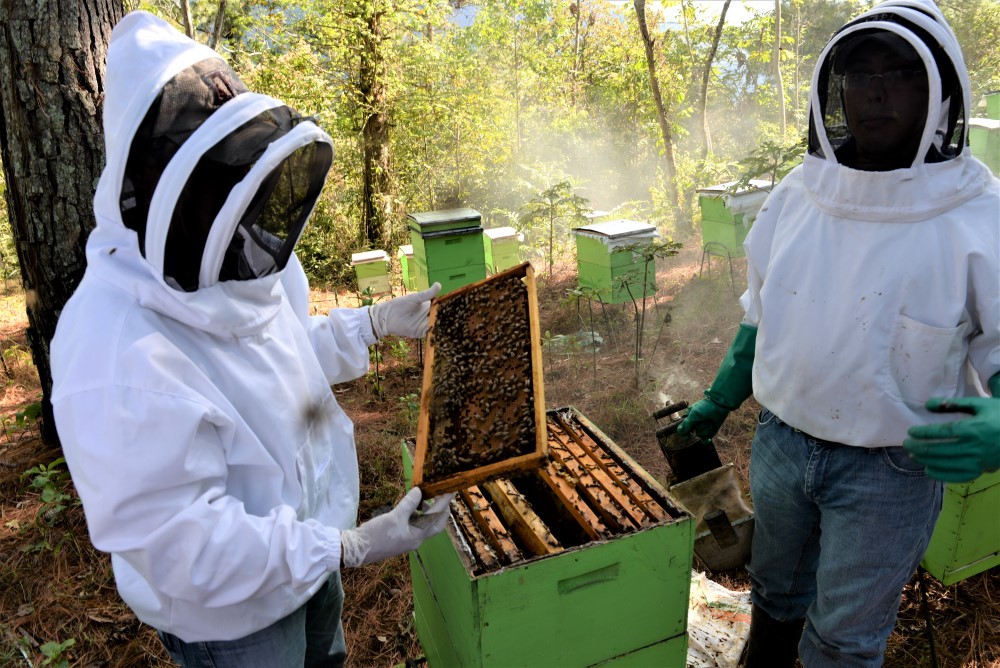
These coffee farmers have been busy as bees diversifying their income
September 27, 2022
Read More »
September 27, 2022
Read More »
Exciting news! From 1st January 2024, Tchibo Coffee Service will be joining the Matthew Algie family. But don’t worry, this transition won’t affect your access to any products you enjoy. In fact, you can expect to have access to even more amazing products moving forward!
For new and existing customer enquiries, get in touch with the Matthew Algie team.
Company Update:
Capitol Foods are now Matthew Algie (Ireland) Limited
We are delighted to announce that with effect from 3rd July 2023, Capitol Foods Limited will be known as Matthew Algie (Ireland) Limited.
It’s an exciting time for us, and the change will bring several benefits, including access to an even wider range of products, such as Matthew Algie coffee and the Espresso Warehouse range.
The same great service will continue to be delivered by the team you are familiar with.
Please call 02892634558 (NI) or 018362242 (ROI) for new and existing customer enquiries. Alternatively, email sales@capitolfoods.com and one of the team will be back in touch shortly.